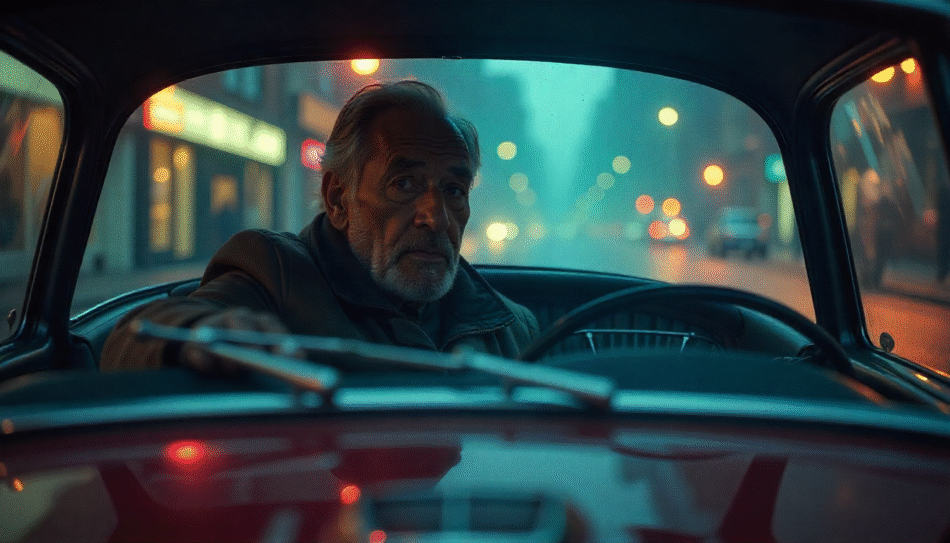Being accused of a motoring offence is always a stressful experience, but a charge of “dangerous driving” elevates the situation to an entirely new level of gravity. This is not a minor infraction that can be dealt with by a fixed penalty. It is a serious criminal offence that carries a mandatory driving ban of at least 12 months, a criminal record, and a very real prospect of a prison sentence.
Crucially, dangerous driving is what is known in UK law as an “either-way” offence. This means that, unlike most driving matters, your case could be heard in the Crown Court before a judge and jury. This is a complex and intimidating legal journey that requires the highest level of expert representation. When the stakes are this high, you must be represented by a legal team with proven experience in serious criminal defence. At Motoring Defence, our specialist dangerous driving solicitors are expert guides and powerful advocates for clients navigating this daunting process.
What Does an ‘Either-Way’ Offence Mean for Your Case?
An either-way offence can be heard in one of two venues:
- The Magistrates’ Court:For cases deemed to be at the lower end of the seriousness scale.
- The Crown Court:For the most serious cases, or where the defendant chooses to be tried by a jury.
The venue for your trial is one of the most important factors in your case, as it affects the procedure, the potential sentence, and the legal strategy.
The First Stage: The Plea and Allocation Hearing
Your journey will always begin in the Magistrates’ Court for a first hearing, often called a “plea and allocation” hearing. At this stage, you will enter your plea of guilty or not guilty. If you plead not guilty, the magistrates will then decide where the trial should take place. They will hear a summary of the facts from the prosecution and will decide if their sentencing powers (which are limited) are sufficient to deal with the case if you are found guilty. If they deem the case too serious, they will send it to the Crown Court.
The Critical Decision: Should You Elect a Crown Court Trial?
Even if the magistrates accept jurisdiction, you have a right to choose to have your case heard in the Crown Court by a jury. This is a critical tactical decision that you must make with the benefit of expert legal advice from your dangerous driving solicitors.
- The Case for a Jury Trial:A jury is made up of 12 ordinary members of the public. They may be more sympathetic to a driver’s explanation than a legally trained magistrate. To convict you, the prosecution must persuade all 12 jurors so that they are sure of your guilt. You only need to persuade one or two to have doubts to result in a “hung jury.”
- The Risks of a Jury Trial:The process is much slower, more formal, and can be more stressful for the defendant. Most importantly, if you are convicted, the sentencing powers of a Crown Court judge are far greater than those of a magistrate.
Preparing for a Crown Court Trial: A Different League of Legal Work
If your case proceeds to the Crown Court, the level of legal preparation intensifies significantly. The process is more complex and demanding. Your legal team will need to:
- Draft a Formal Defence Statement:This document sets out the basis of your defence in detail.
- Manage Complex Case Directions:Liaise with the court and the prosecution to manage a strict timetable for the service of evidence.
- Instruct an Expert Barrister:A Crown Court trial is conducted by a barrister (a specialist court advocate). Your solicitor will select and instruct an experienced motoring law barrister to represent you.
This is a level of legal work that requires a team of genuine specialists. The dangerous driving solicitors at Motoring Defence are experts in Crown Court litigation.
Facing a Judge and Jury: The Trial Itself
A Crown Court trial is the most serious legal arena in the UK. The trial is presided over by a judge, who rules on matters of law, and a jury of 12 people, who decide the verdict of guilty or not guilty. The process involves formal opening speeches, the cross-examination of witnesses, and powerful closing arguments from your barrister. Navigating this environment requires a calm, confident, and highly skilled legal team.
Motoring Defence: Your Expert Guides for the Crown Court
At Motoring Defence, our team has the specific expertise and experience required for serious Crown Court litigation. We understand the complex procedures and the tactics required to win a jury trial. We have established relationships with some of the country’s leading and most respected motoring law barristers, ensuring that our clients receive the best possible representation when their liberty and future are on the line. This level of specialist advocacy is what sets true dangerous driving solicitors apart.
A charge of dangerous driving is not a standard motoring offence. It is a serious criminal charge that requires a serious legal defence. To ensure you are guided and defended by a team with proven Crown Court experience, contact the specialist dangerous driving solicitors at Motoring Defence for immediate, expert representation.









